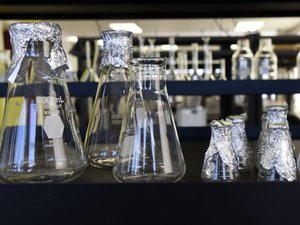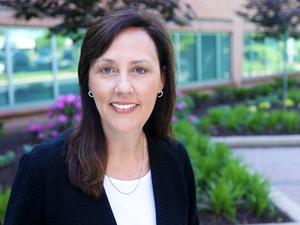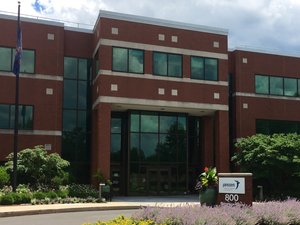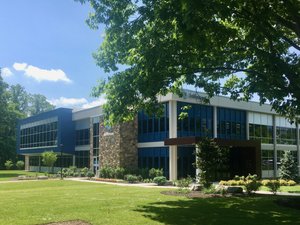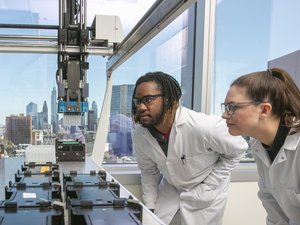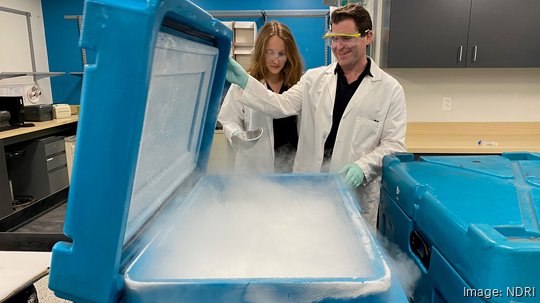
This week's life sciences industry news includes a heavy dose of research developments with items on a Philadelphia medical organization's $14 million grant, a local pediatric health system's participation in a consortium advancing gene therapies for rare disorders, a research institute's partnership with a university in Cameroon, and more.
Here's the roundup:
National Disease Research Interchange (NDRI)
The Philadelphia-based provider of tissue, organs and cells for research studies has been awarded a $14.4 million National Institutes of Health research grant for an initiative aimed at better understanding how much genetic variation exists in cells and tissues throughout the body.
The five-year award to NDRI is part of a new NIH Common Fund program called the Somatic Mosaicism across Human Tissues (SMaHT) Network.
The project, according to NDRI, will provide the first comprehensive public resource for analyzing genetic variation due to somatic mosaicism — the occurrence of two genetically distinct populations of cells within an individual caused by spontaneous mutations — in human tissues from all developmental layers in the human body.
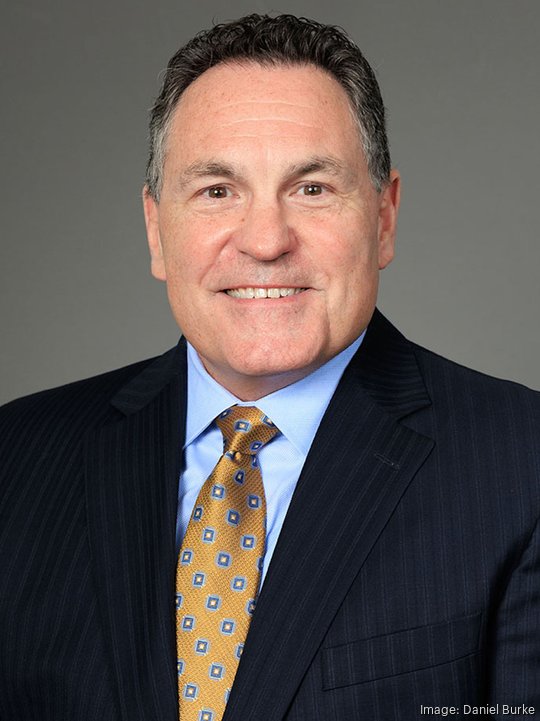
Center City-based NDRI will serve as the tissue procurement center for the SMaHT Network, along with collaborators at the University of Maryland and Johns Hopkins All Children’s Hospital. NDRI will work with a network of organ procurement organizations to collect, store, and distribute multiple healthy tissues across body systems from a diverse pool of at least 150 organ and tissue donors.
“Human tissue is the fundamental resource for achieving the objectives of the SMaHT Network," said Bill Leinweber, NDRI's CEO. "I am confident our tissue procurement expertise will serve to enable research and discovery mediated by genomic variation in somatic tissues."
Nemours Children’s Health
The pediatric health system that operates Nemours Children's Hospital, Delaware, has been chosen to partner with the Foundation for the National Institutes of Health Accelerating Medicines Partnership Bespoke Gene Therapy Consortium in advancing gene therapy to patients with rare disorders.
Nemours Children doctors and researchers in Wilmington will work collaboratively with the consortium, a public-private partnership, to help speed the development and delivery of customized, or bespoke, gene therapies. Eight genetic diseases were selected for clinical trials, which will take place across the country.
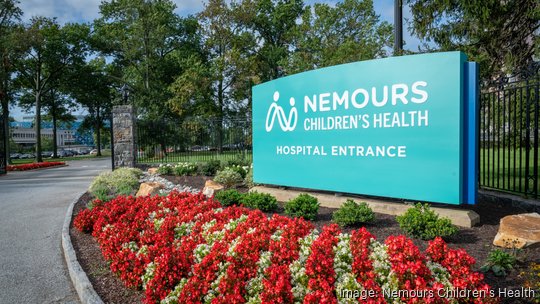
One of those diseases is Morquio A Syndrome – a rare and genetic skeletal dysplasia condition that affects a child's bones and spine, organs, and physical abilities. The condition has, for more than three decades, been the focus of Dr. Shunji Tomatsu at Nemours Children’s Health, Delaware, who will serve as principal investigator for a trial.
“Gene therapy is the promise of the future for many patients with rare disorders,” Tomatsu said. "It is very exciting to see the hard work result in a promising clinical trial that could be life-changing for this patient population.”
Pediatric orthopedic researchers, surgeons, and geneticists at Nemours Children's staff a nationally recognized skeletal dysplasia program at Nemours in Wilmington. Tomatsu has held NIH grant funding for Morquio syndrome since 2010.
Nemours Children’s aims to start enrollment for the clinical trial in 2024.
Wistar Institute
The Philadelphia biomedical research institution is collaborating with the University of Buea in Cameroon to expand antiviral and drug discovery development.
Wistar and a group of international scientists worked with the university to build a new research center in Cameroon, which will serve as a site for African researchers and students to train with Wistar scientists and other experts. The training will focus on the best drug discovery techniques using medicinal plants and natural chemical compounds that may work against viruses like HIV, Covid-19, Ebola, and influenza.
The initiative is being led locally by biomedical research scientist Dr. Ian Tietjen in the laboratory of Dr. Luis Montaner.
“I started working with Dr. Fidel Ntie-Kang, a computational chemist at the University of Buea," Tietjen said. "He had an opportunity from a major foundation to build a research center at the University of Buea to carry out drug discovery, drug screening, antiviral development, and develop natural products or synthetic drugs to help people disproportionately affected by diseases endemic to Cameroon.”
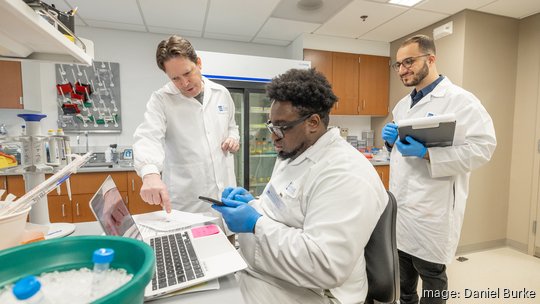
Tietjen said the institute is bringing some of their students and faculty members to Wistar to learn its lab techniques, as well as attend Wistar's Biomedical Technician Training pre-apprenticeship program. "It’s a boot camp that trains students from underserved communities and elsewhere with the skills necessary to carry out basic discovery lab research," he said.
Quick Hits
Quanta Therapeutics, a South San Francisco biopharmaceutical company with operations in Radnor, raised $50.7 million in a Series D financing led by Avidity Partners. The company is using the funds to further advance its targeted therapies to cancers driven by mutations in RAS genes. Quanta has now raised more than $142 million since inception in 2018. … Malvern-based Galera Therapeutics (NASDAQ: GRTX) was granted orphan drug designation by the Food and Drug Administration for rucosopasem manganese, the company's experimental pancreatic cancer treatment. Rucosopasem is in Phase 2 clinical development to augment the anti-cancer effectiveness of stereotactic body radiation therapy. The FDA's orphan drug program supports the development of new drug candidates for the treatment of rare diseases that afflict less than 200,000 people in the U.S. The orphan drug designation provides companies with benefits that include market exclusivity upon regulatory approval, exemption of FDA application fees, and tax credits for qualified clinical trials. … Inovio (NASDAQ: INO) was granted orphan drug designation for INO-3107, the Plymouth Meeting biotechnology company's new drug candidate for recurrent respiratory papillomatosis. The debilitating and rare disease is characterized by the development of small, wart-like growths in the respiratory tract. … Plymouth Meeting-based Harmony Biosciences (NASDAQ: HRMY) completed patient enrollment, nine months early, for its Phase 3 study of pitolisant in adult patients with idiopathic hypersomnia, a sleeping disorder. Study results are anticipated in the fourth quarter of 2023. … Onconova Therapeutics (NASDAQ: ONTX) of Newtown said the first patient was dosed for its Phase 2 trial of oral rigosertib, its experimental metastatic melanoma treatment.
